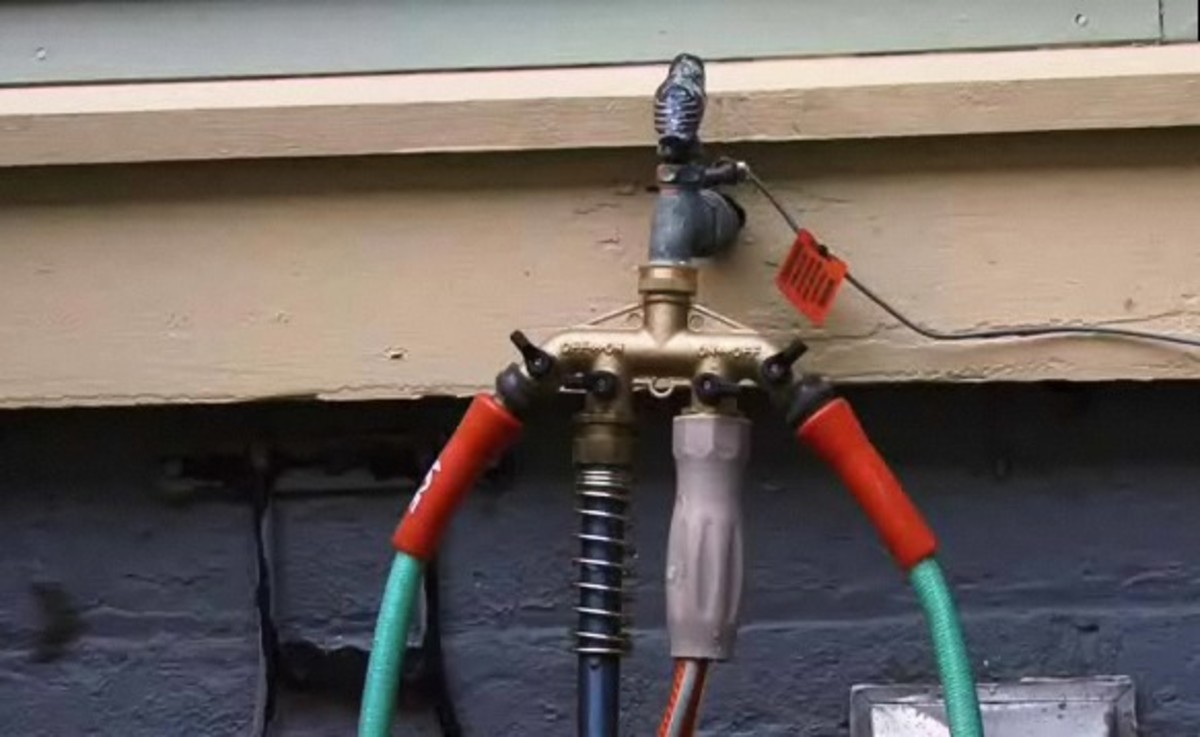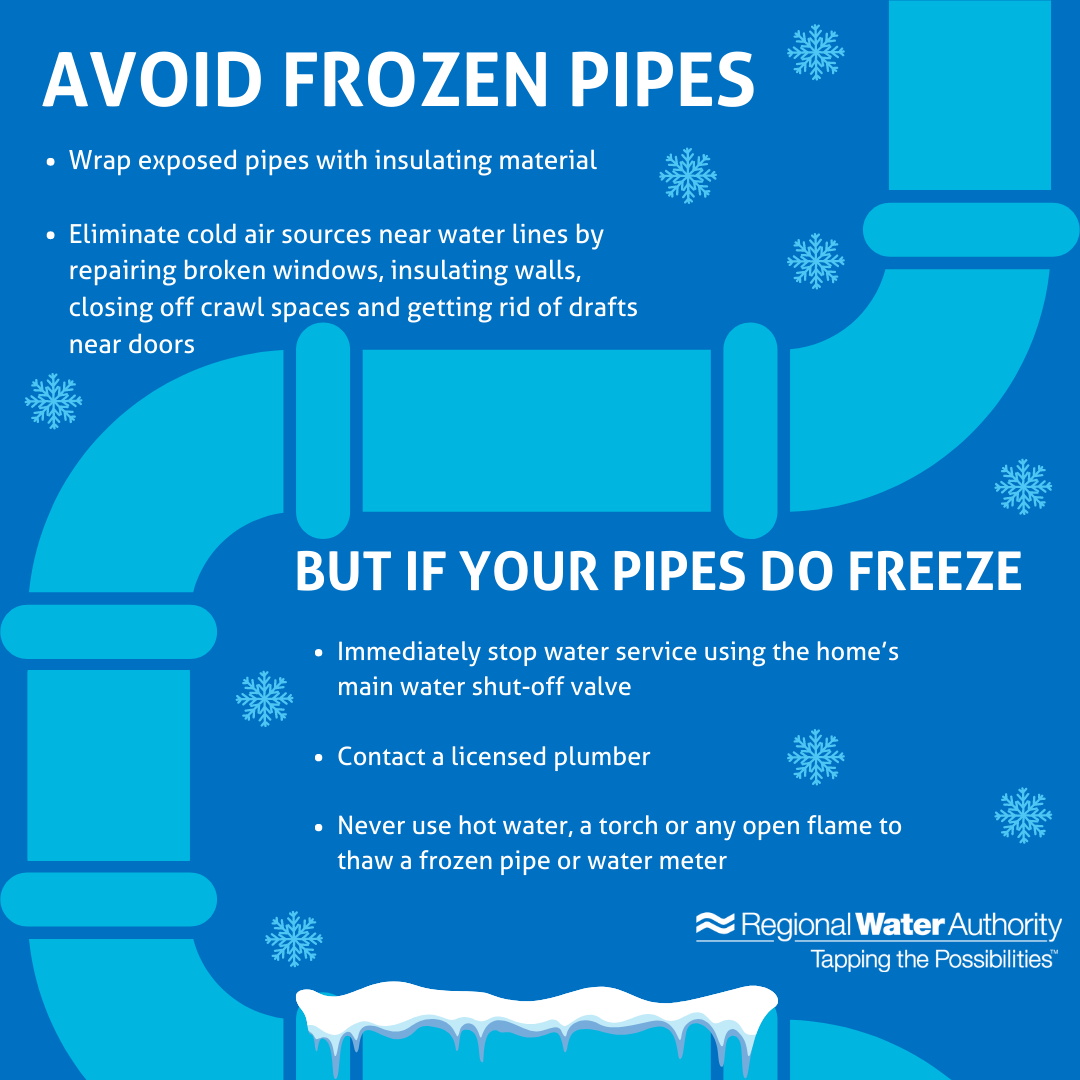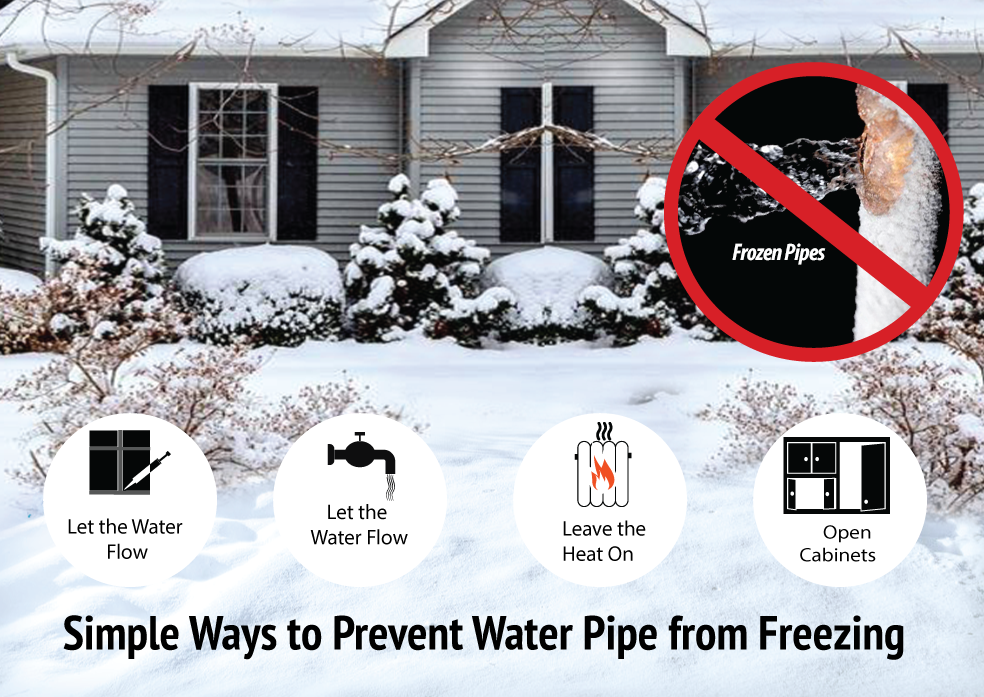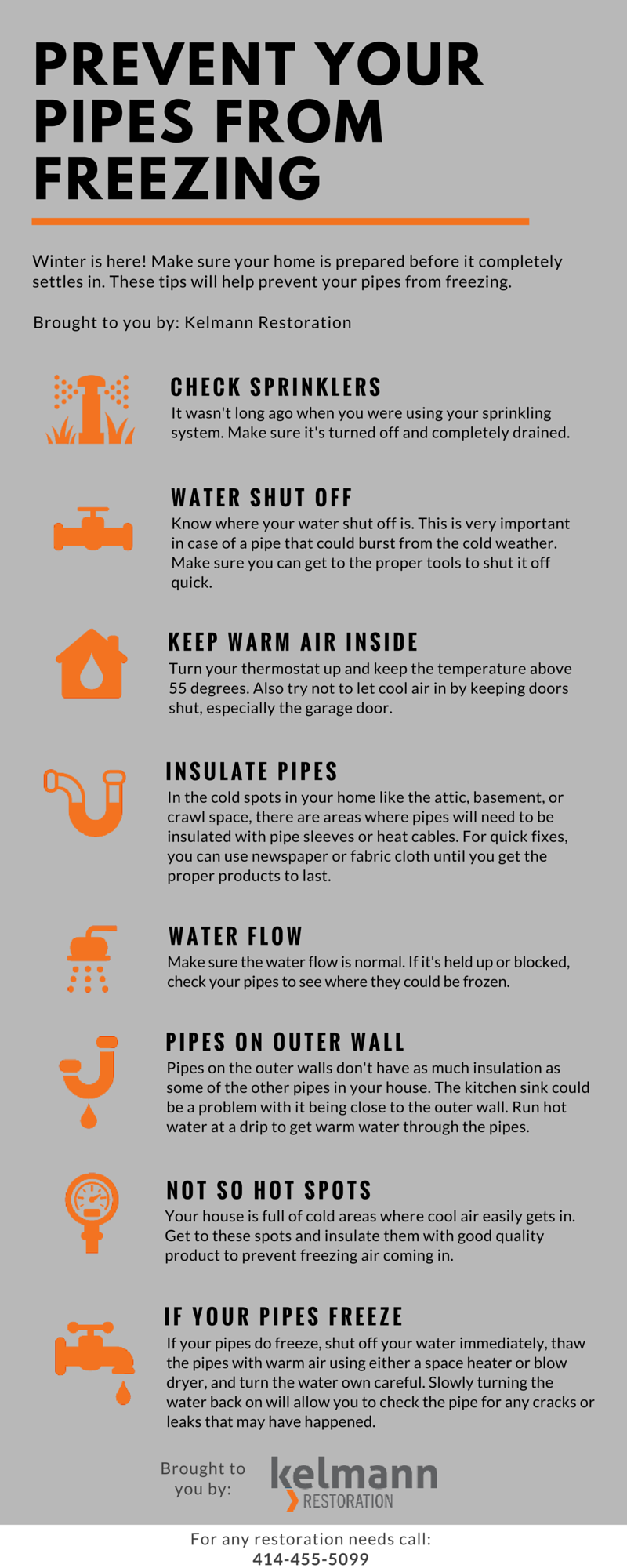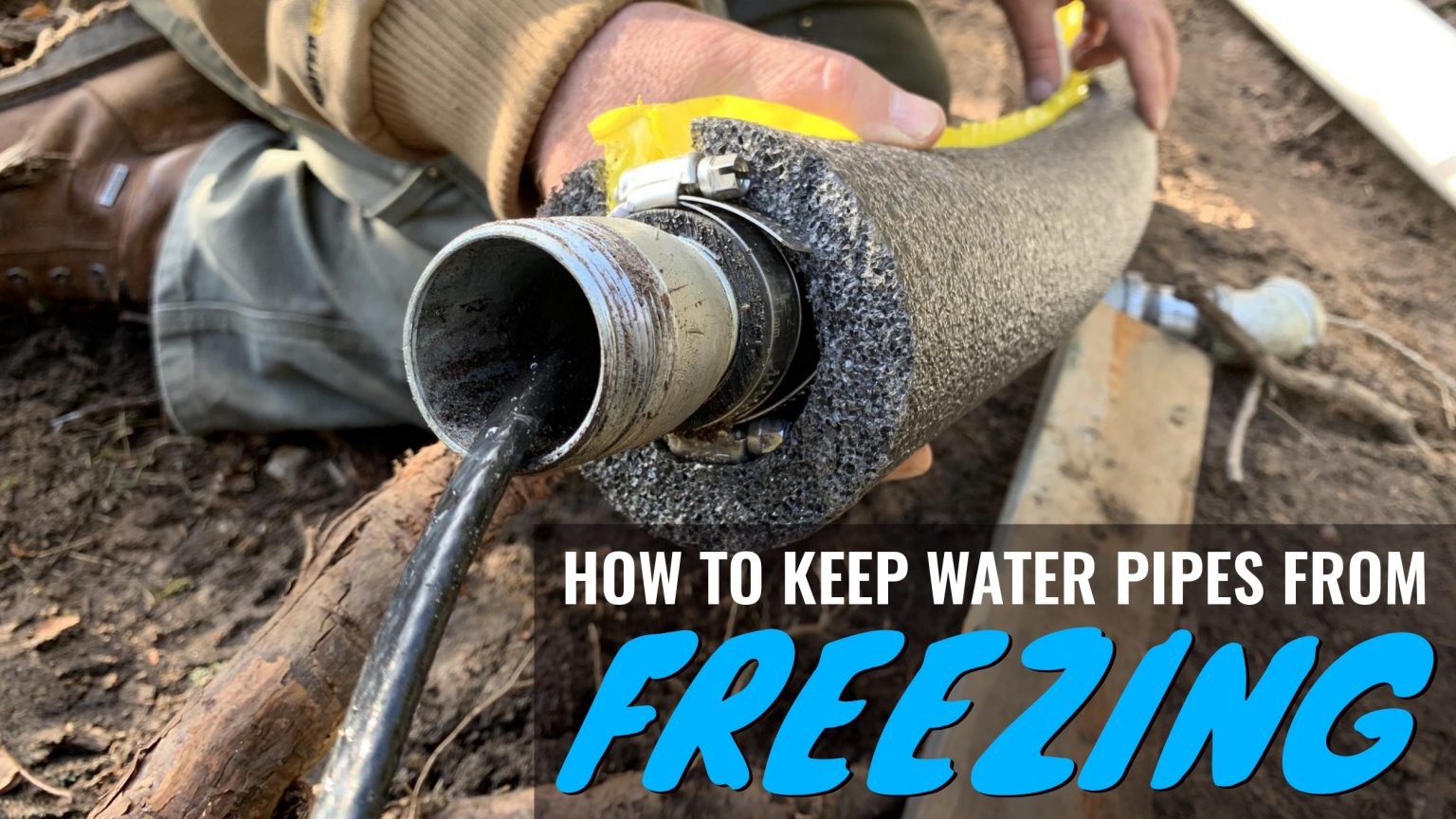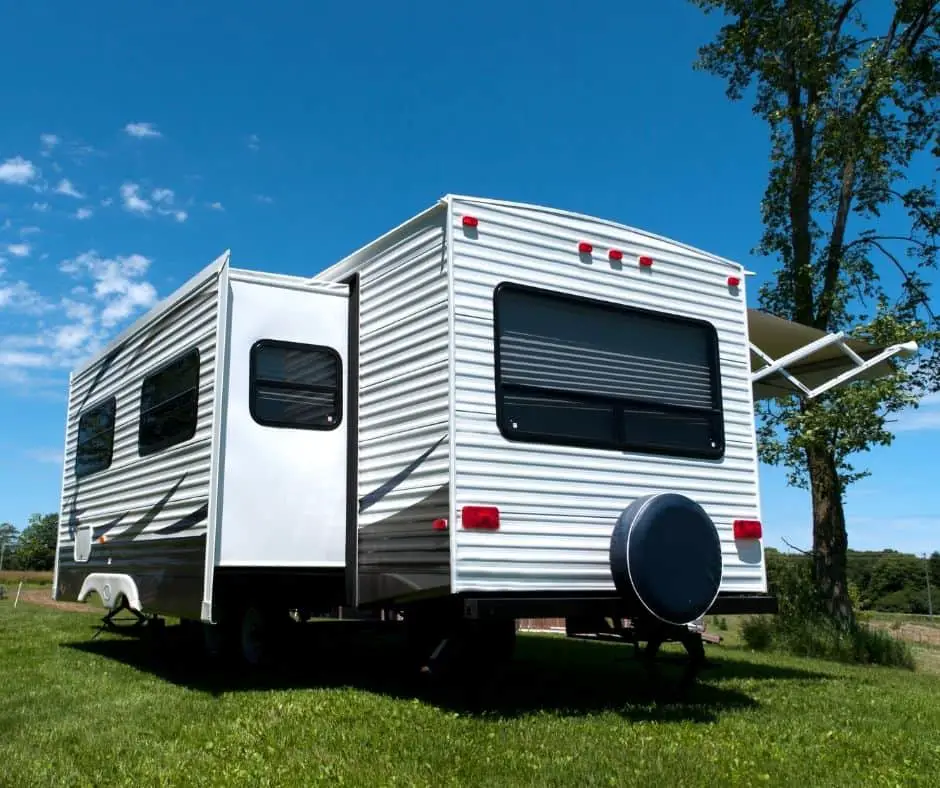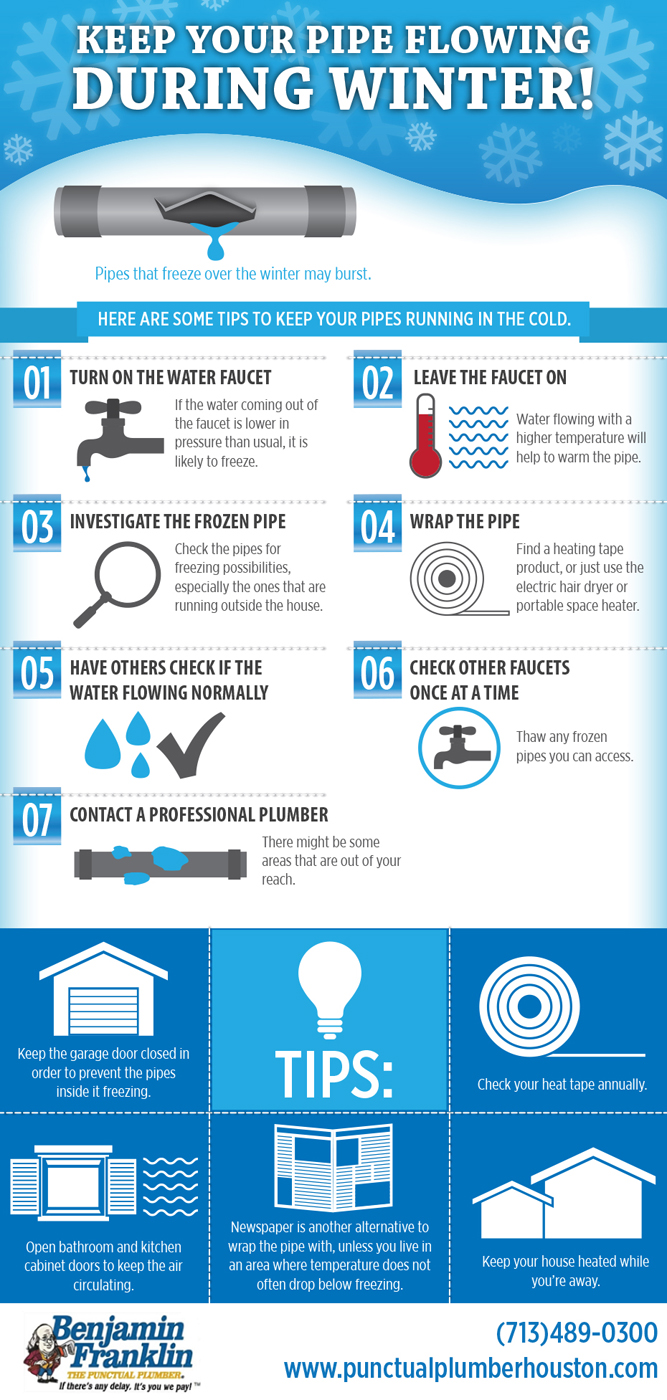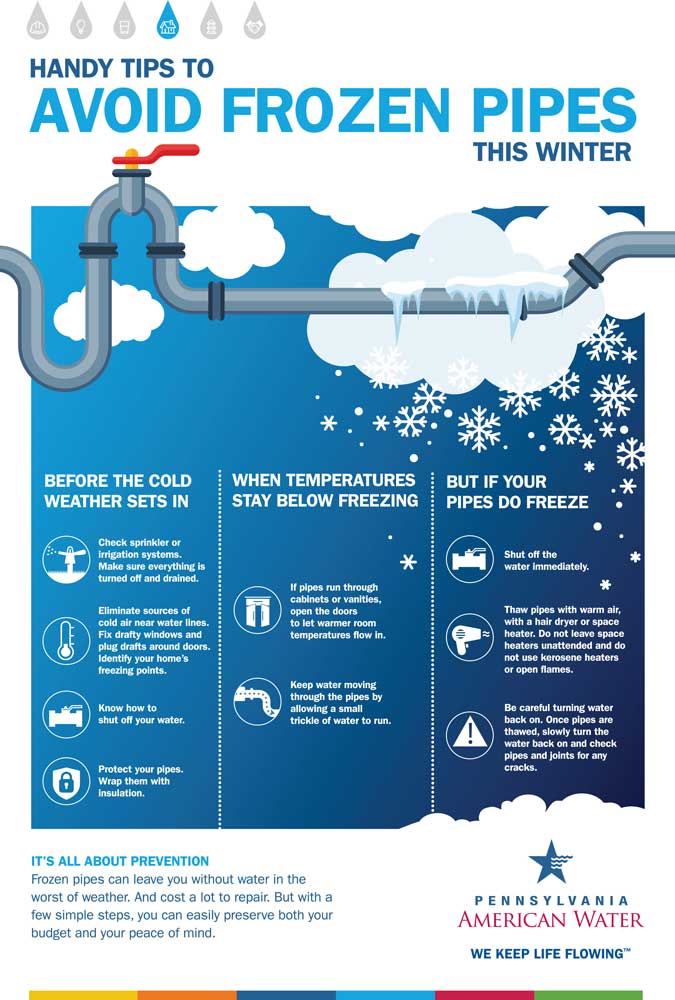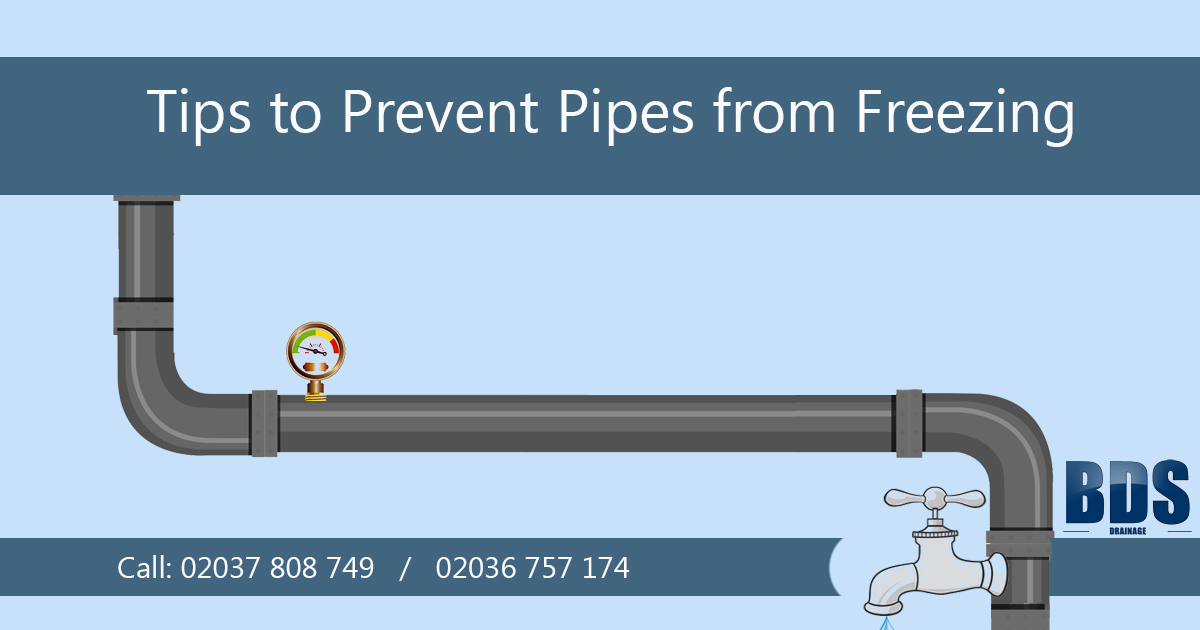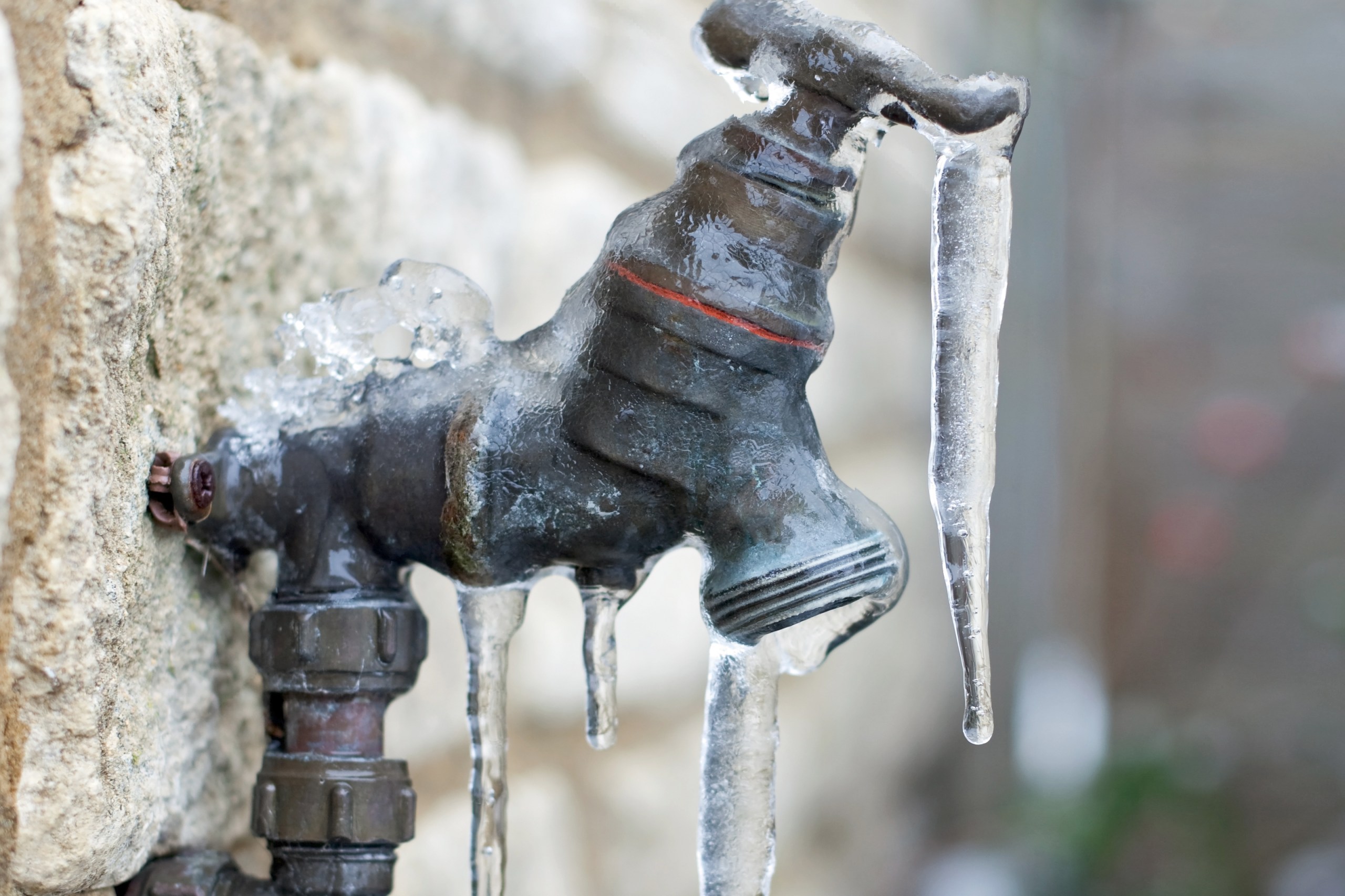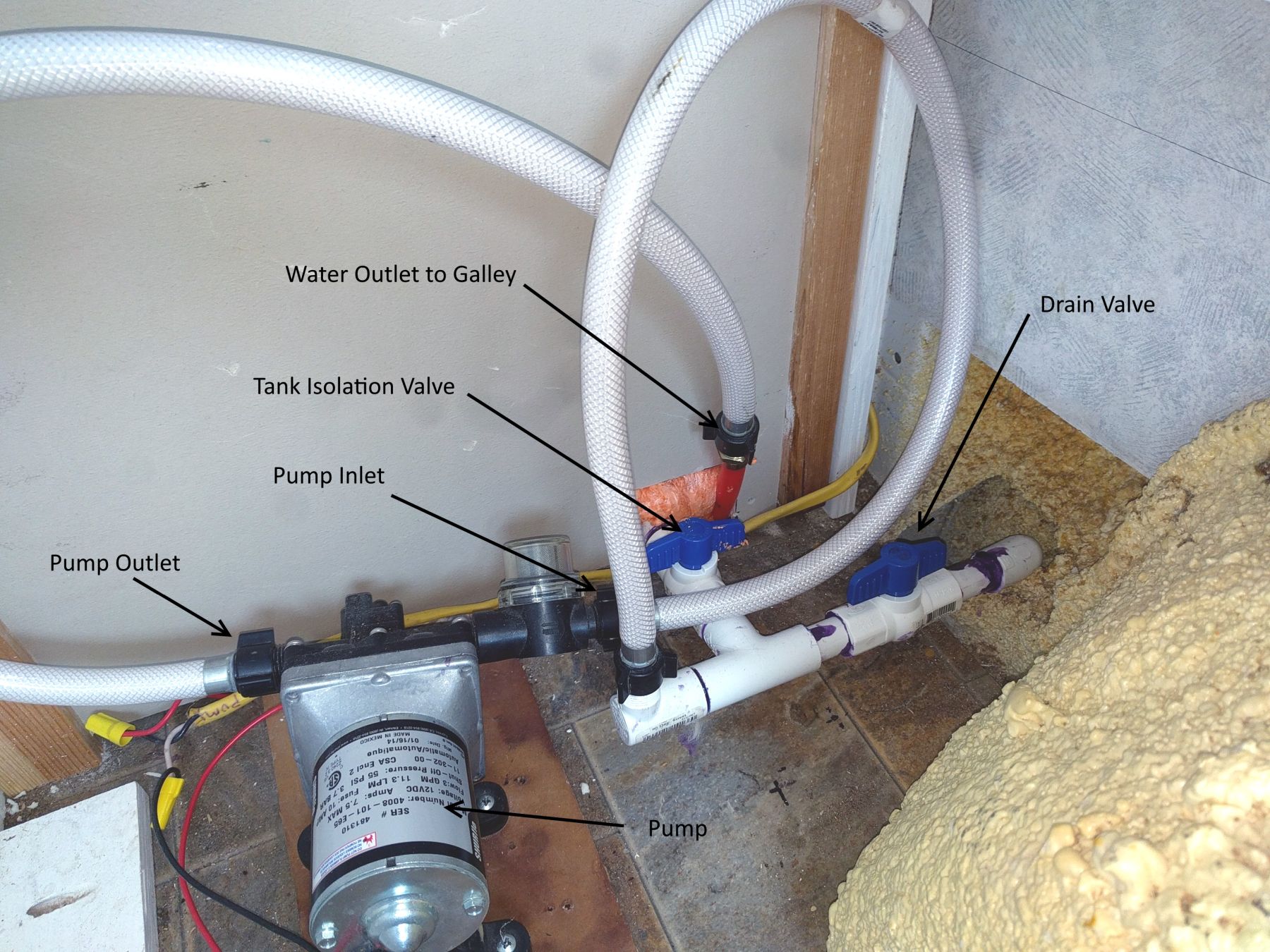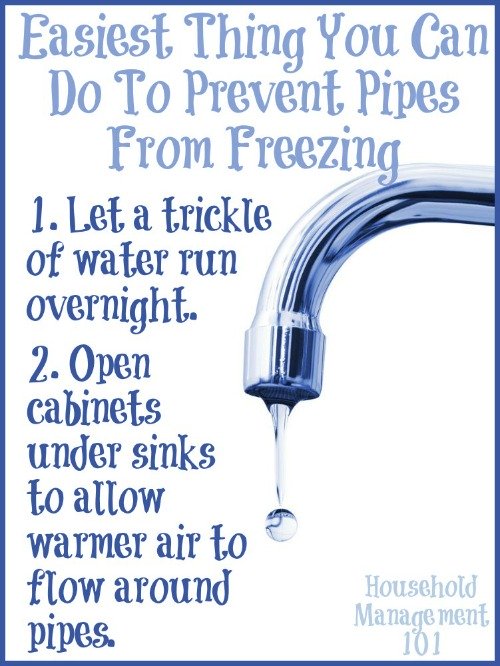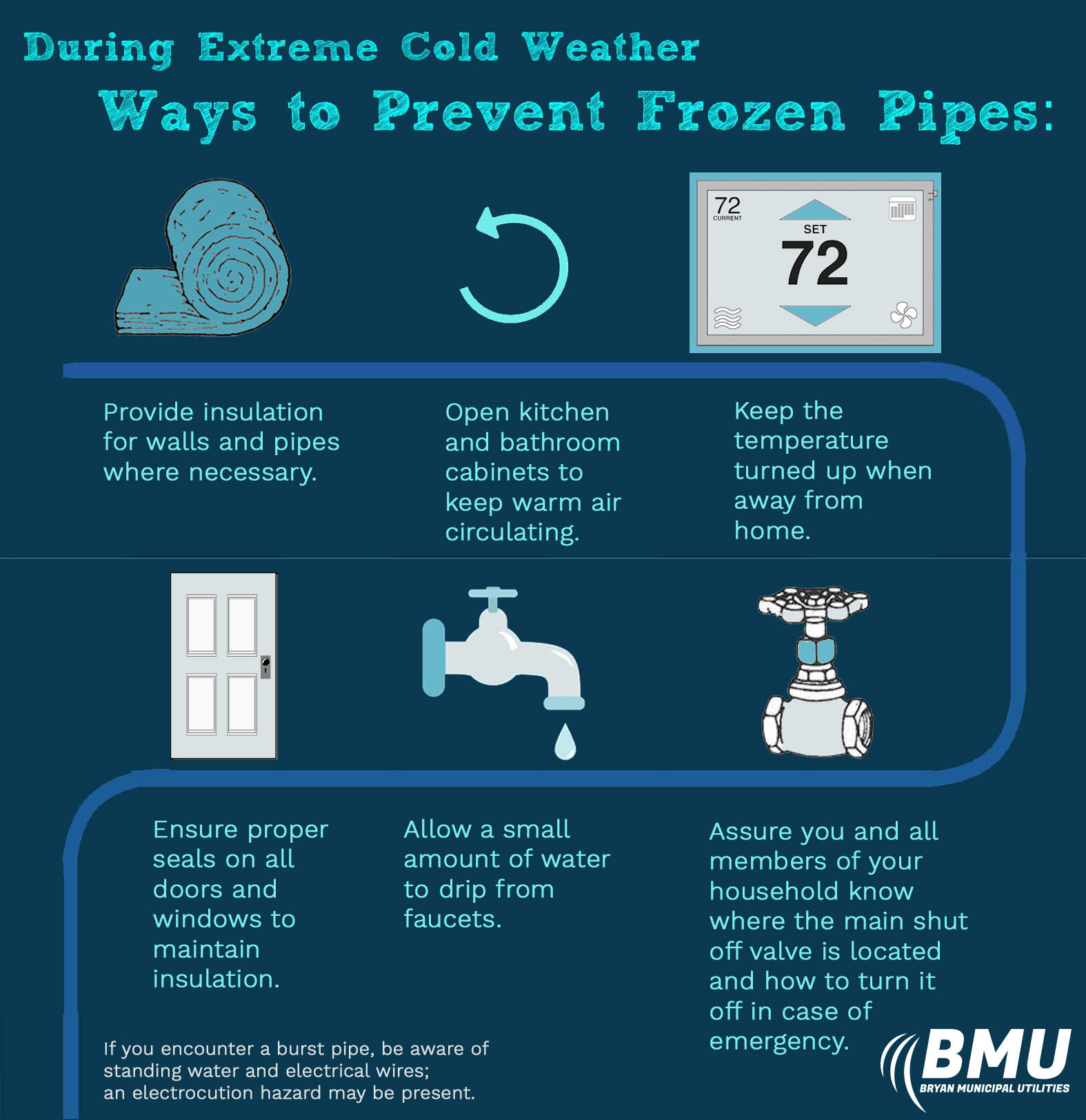Spectacular Info About How To Prevent Water Lines From Freezing

Shutterstock) keeping your pipes snug is one of the best ways to protect them from freezing.
How to prevent water lines from freezing. Exactly where did the pipes freeze? Most well pumps are down inside the well at depths that do not freeze.
Frozen pipes burst because when water freezes, its molecules form an open hexagonal arrangement that takes up more space, causing it to expand by 9%. Prevent pipes from freezing in the first place—a little ice can tear open a water supply line. Your pump and tank.
Specially designed pipe insulation is available, but you can also use leaves. Heat the underside of the van. Retinol has been proven to prevent and.
One step you can take involves heating the. Drain your sprinklers, too. Pipe insulation sleeves or foam tubes can help retain.
This will allow the temperature below your sink to be. Keep the pipes under your sink warm by opening your cupboards. One of the most effective ways to prevent indoor water freezing is by insulating pipes.
Open the cupboards below your sinks. The red cross concurs that running water through the pipe—even at a trickle—helps prevent pipes from freezing. That's bad enough, but the real disaster often occurs as the ice thaws.
Insulation helps to reduce heat loss and can help keep the. Even frostproof outdoor faucets can burst if a hose is connected. Can’t head south or control how your van was built?
You can still avoid frozen plumbing. Insulating pipes is one of the best ways to prevent shallow water lines from freezing. Before the onset of cold weather, prevent freezing of these water supply lines and pipes by following these recommendations:
Products containing hyaluronic acid help “to draw moisture in and works to plump the skin,” dr. Drain water from swimming pool and water. If this is a slab foundation, it could have frozen in the section of the slab exposed to the air.
Even if the climate where. Stop your shallow water lines from freezing by adding some kind of insulation. External water pipes are usually more exposed to lower temperatures than those inside your house, which are warmer courtesy of your.
